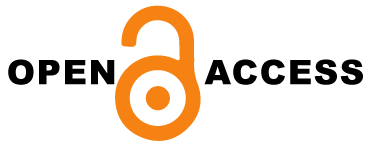How did COVID-19 change the words? A study with social media and complex networks
Resumen
Abstract. Understanding the change in word meaning across different contexts and time periods is crucial for revealing the role of language in social and cultural evolution. In this study, we examine the diachronic effect of the Covid-19 pandemic on the use and meaning of words through the lens of complex networks theory. Specifically, we analyze how Twitter users express themselves and how their language use was affected by the pandemic. Using network analysis, we construct networks corresponding to three different years (2019, 2020, 2021) to represent the relationship between the words used by Twitter users, allowing us to track semantic changes quantitatively. Our study focuses on a set of Twitter users that were compared through time. Overall, our research sheds light on the methodological possibilities offered and how complex networks theory can help us understand this impact.




